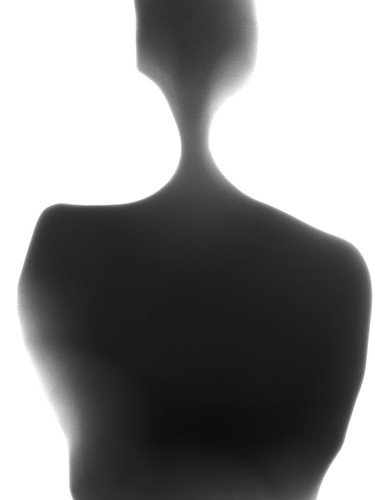Why people believe aliens exist, according to experts
Aliens #Aliens

Do aliens exist? A UFO flies above a field in this digital composite. (Photo: Getty Images)
Belief in aliens has persisted for centuries, and one-third of Americans believe that UFOs people have spotted have been alien spacecraft visiting Earth from other planets or galaxies, according to a 2019 Gallup poll. And, while 60 percent think that unusual sightings can be explained by human activity or natural phenomena, 7 percent say they’re unsure. Another Gallup poll found that 68 percent of people believe the government knows more about UFOs than it reveals (Wednesday’s UFO whistleblower hearing might have something to do with that).
“It’s important to distinguish between the questions, ‘Do you believe aliens exist?’ and ‘Do you believe aliens have ever visited the earth?’,” Christopher C French, head of the Anomalistic Psychology Research Unit at the University of London, tells Yahoo Life. “Many scientists would answer ‘yes’ to the first question, while making it clear that to date we have no proof of that, and ‘no’ to the second question, because they would find the evidence put forward to support visits from extraterrestrials unconvincing.”
But what makes someone believe that aliens exist? Experts say there’s more to it than many people think.
Peers play a role
Clinical psychologist John Mayer, author of Family Fit: Find Your Balance in Life, tells Yahoo Life that he has “known and treated many people over the years that believe in aliens” and found that they are often surrounded by other people who share the same view. “Thus, they are reinforced by their beliefs,” he says.
French agrees. “Environment plays a huge role in determining levels of belief in alien visitation,” he tells Yahoo Life. Meaning, if your family and friends believe in aliens, you’re likely to do the same.
Media can influence views
The way newspapers, TV news and social media talk about aliens matters. “Research shows that the way the media presents information on this topic can affect level of belief,” French says. If you’re constantly reading reports about mysterious flying objects that scientists can’t explain, you’re more likely to think there may be more to the story, he says.
Story continues
And, when reputable sources like The New York Times cover aliens, it can have sway as well, Mayer says. “Reports from reputable sources ‘enables’ this thinking,” he says. “Such reports can lock in your thinking because your beliefs are not being refuted.”
Government reports can validate beliefs
French says that it’s “understandable” that intelligence and military services would be interested in reports of strange things in the sky. “They are primarily interested in potential threats to national security,” he says. But knowing that the government is investigating reports of UFOs will often reinforce to some people that aliens exist.
Regardless of the conclusion of government reports, French says that “true believers” in aliens won’t accept the conclusions of government reports on UFOs unless they declare that extraterrestrials have been visiting Earth regularly and officials have been covering it up. “Otherwise, they will dismiss it as another cover-up,” he says.
“As even UFOlogists admit, 95 percent-plus of all UFO sightings can be readily explained in mundane terms if investigated,” French says. “Some get very excited about the few cases that can’t. But maybe we just need to accept that sometimes there will not be enough evidence to form a definite conclusion. That does not automatically mean it was ET. After all, we do not expect the police to be able to solve every single crime they investigate, do we?”
The need to believe in a higher power can fuel viewpoints.
For some people, belief in a higher power means turning to religion; for others, it’s believing in aliens. Mayer says that a “strong personality characteristic” of people who believe in aliens is “a person’s need to believe that something exists beyond the earthly reality they are experiencing.”
“For these individuals, their life is not fulfilling enough — they are searching for something more to fill the void inside them,” he says.
But French says that the desire to know whether we’re alone in the universe is “perfectly understandable.”
“As Arthur C. Clarke famously said, ‘Two possibilities exist: Either we are alone in the universe or we are not. Both are equally terrifying,’” he says.